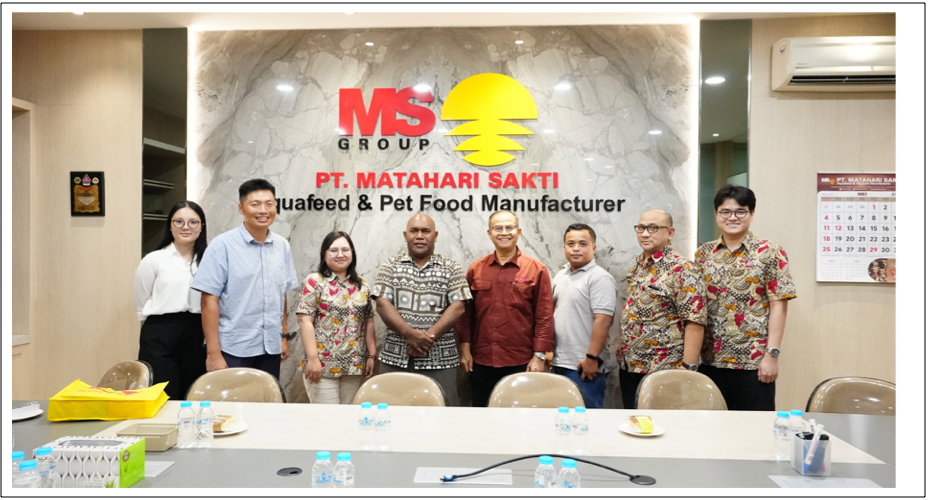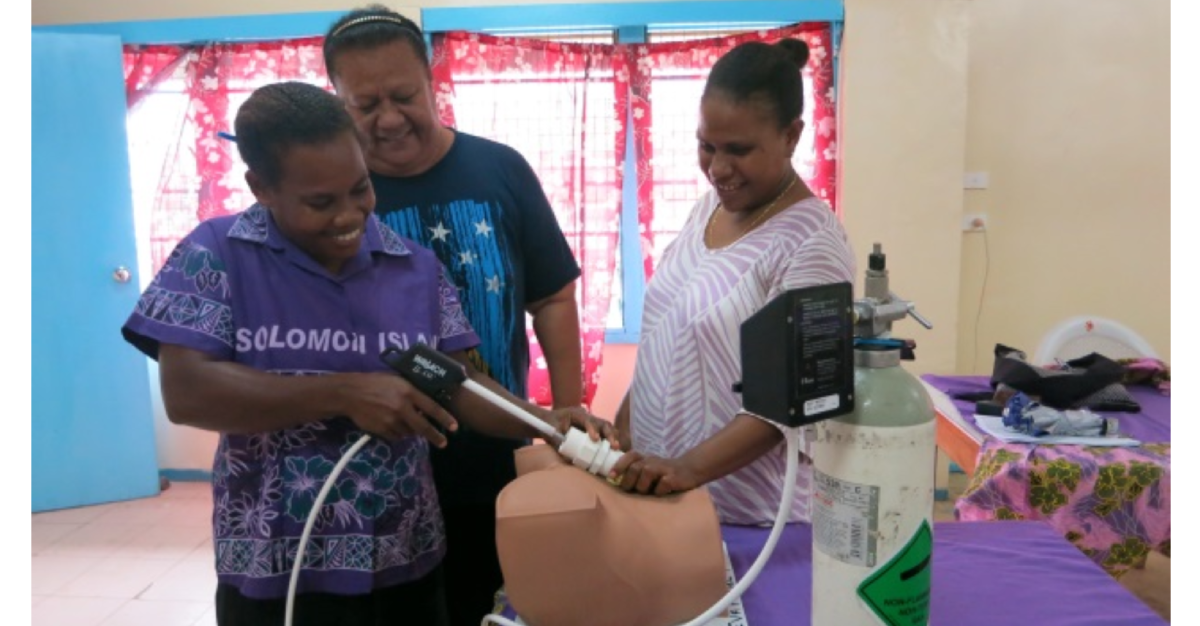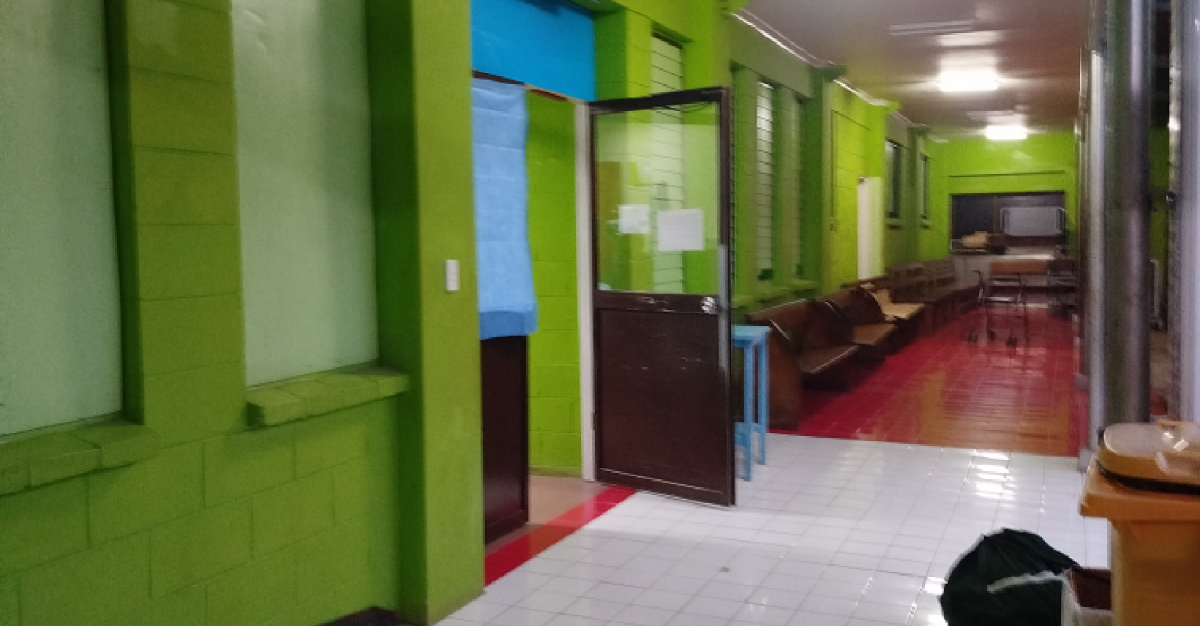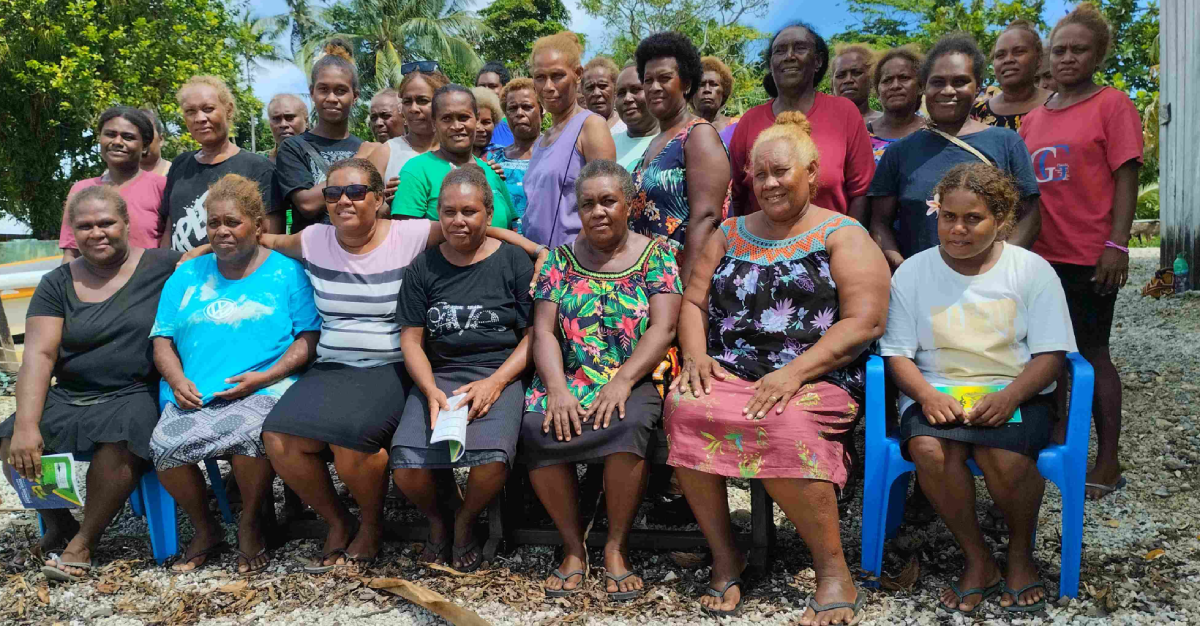In a significant move to enhance biosecurity compliance and safeguard marine resources, the Biosecurity Solomon Islands within the Ministry of Agriculture and Livestock (MAL) in collaboration Ministry of Fisheries and Marine Resources recently conducted an offshore facility inspection mission in Surabaya, Indonesia.
This critical trip underscores the Ministry’s unwavering commitment to adhering to biosecurity standards mandated under the Biosecurity Act 2013 and Biosecurity Regulation 2015.
Chief Biosecurity Officer- Market Access & Trade – Mr. Luke Kiriau, said the mission was aimed to ensure that the facilities that process aquatic animal feeds and related operations comply fully with national and international biosecurity requirements, thereby protecting Solomon Islands marine ecosystem from potential biosecurity threat.
Mr Kiriau said, that PT MATAHARI SAKTI is a leading manufacturing of aquatic animal feed in Indonesia and around the world that produces high-quality feed for a variety of aquatic species, including fish, shrimp, and other aquatic animals.
The company has an extensive distribution network that spans across Indonesia and several countries in Southeast Asia, including Malaysia, the Philippines, and Vietnam.
PT MATAHARI SAKTIs products are also exported to other countries in Asia, Europe and Americas.
Mr. Kiriau, said on behalf of MAL Permanent Secretary would like to extend its sincere gratitude to the Ministry of Fisheries and Marine Resources in facilitating this mission.
“Without your dedicated support and coordination from the ministry the success of this mission would not be possible.”
This collaborative effort highlights the Ministry’s proactive approach in aligning with biosecurity legislation and promoting best practices within the fisheries sector.
As the Solomon Islands continue to bolster their biosecurity framework, ongoing inspections and capacity-building missions remain essential to protect the nation’s marine biodiversity and support sustainable economic growth through fisheries.
MAL Press





